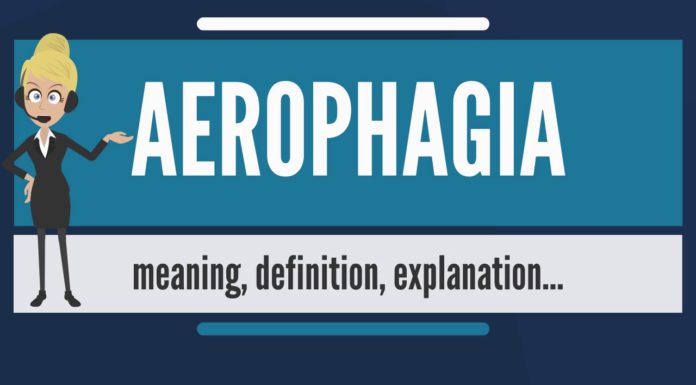Part Two of “Have CPAP? Now you have Stomach Bloating or Gas? The solution” is here. We have been collecting tips and recommendations from a range of professional experiences to published recommendations. This is a quick compilation of what to do when bloating ss a result of PAP use.
1. If you and your PAP are at odds and bloating (aerophagia) is the main issue, there needs to be a solution — and fast.

Solution #1
Bloating might be because the CPAP machine air pressure setting is too much or too little.
One way you might be experiencing this is how the pressurized air from your PAP makes your cheeks puff and you struggle to keep your mouth closed and the air pushes its way into your stomach.
If the PAP pressure is low, then you sense a need to breathe deeper and air traps itself within your stomach.
Eitherway, one of these scenarios (or something similar) may indicate the need for a pressure change.
Solution #2
And to help (if you purchased your PAP with cpapclinic.ca) we can forward a report of your therapy to your sleep doctor and request a pressure change to assist you.
If you are in this situation, please call us 1.877.430.2727. We can help.
2. Your PAP programming might be inaccurate
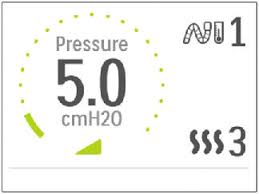
Call your CPAP vendor and double-check to see if your machine was programmed correctly per your sleep doctor prescription.
On occasion, mistakes can happen and are immediately correctable. A quick call can solve this situation.
If your PAP is from cpapclinic.ca, call 1.877.430.2727.
3. Turn on your comfort setting
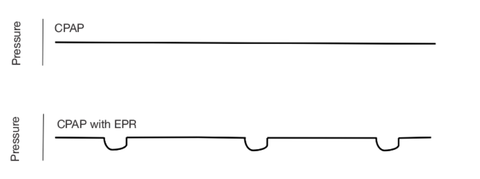
Expiratory pressure relief functions are now available on most PAP machines today. This function is also identified as CFLEX, AFLEX OR BIFLEX on Philips Respironics brands, and EPR (expiratory pressure relief) on ResMed PAP units.
This comfort feature automatically reduces air pressure upon exhalation and has been known to ease and or reduce aerophagia.
Sometimes, this one change can fix bloating on its own.
Contact cpapclinic.ca or your CPAP Vendor and learn if Expiratory Relief is set on your machine or can be set on your PAP.
4. Your mask might be the culprit.
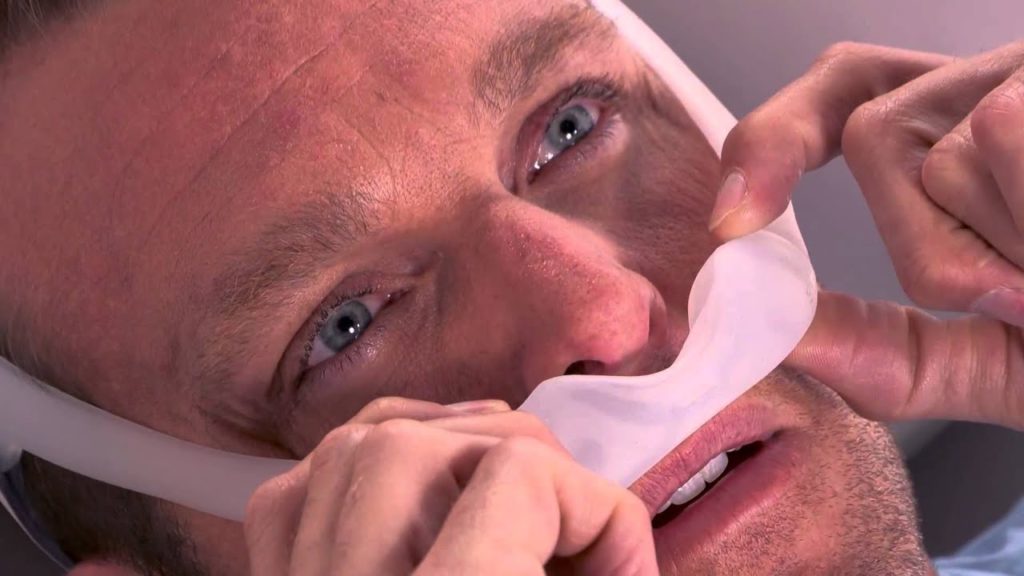
Possibly reconsider the mask design you are utilizing every night. If your mask is older than one year, it may be showing signs of wear and tear. This situation may lead you to make the mask much tighter than usual.
Also, with this tight fit, air might be getting forced into your stomach during PAP use.
When a mask has to be tight, you might wonder if it is the best choice for maximum comfort.
For example, are you a mouth breather but you have been using a nasal mask? Or do you use a nasal mask and require a full face mask? How about nasal pillows?
A mask change can make all the difference in comfort and performance. There are several styles and varying sizes that might be better suited for your face.
Consider opting for a different mask style or size. A new mask may also reduce the sort of breathing that leads to bloating. The choice may be worth it.
5. Your mask might still be the culprit
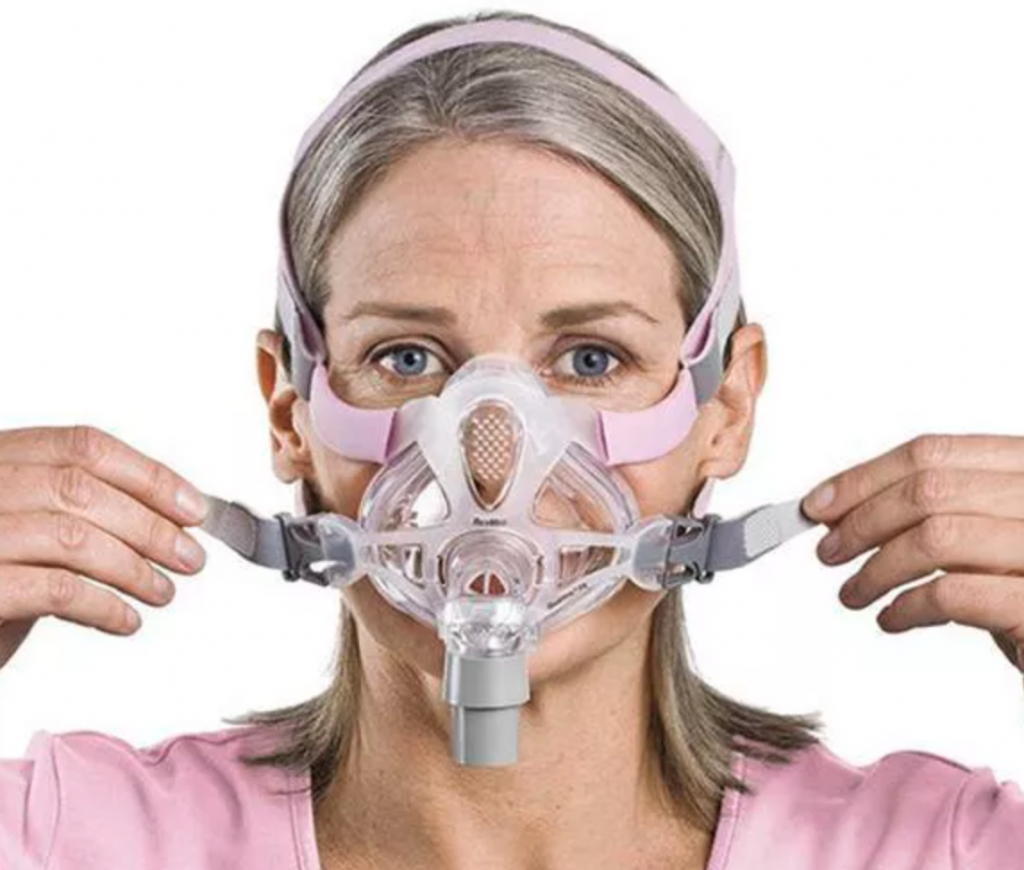
Is your mask a great fit with all of the comfort you want but you need a little more guidance to make sure you know how to properly fit and adjust it?
Try resetting your current mask before sleep.
- While sitting on your bed, turn the machine to on,
- Make sure the tubing is connected to your mask,
- With the velcro straps relatively loose, place the mask on your face.
- Lay down so your head rests on your pillow.
- Slowly pull the straps until you know the mask has sealed.
Add these final steps, if needed.
- Now once you have fitted and adjusted your mask with the previously mentioned instructions, gently pull the mask straight out and away from your face to allow the cushion to inflate properly.
- Gently lay the mask back onto your face.
- Repeat this until it seals.
With a correctly fitting mask, air pressure from the PAP is consistent and not accelerating (due to leaking) and filling your stomach. Give it a try.
6. If you suspect your aerophagia (bloating) is caused by anxiety…

… consider Cognitive Behavioral Therapy provided by a sleep specialist or CBT professional. Ask your sleep doctor for a referral.
Cognitive Behavioral Therapy may be an excellent option to assist you with the success of a Pap system.
7. And lastly,
Remember, rooting out the cause of aerophagia (bloating) is very important when attempting to resolving it.
And, of course, discuss this issue with your sleep doctor.
Possibly include your CPAP provider (if any of the above issues and solutions apply) to help determine proper resolutions.
Questions?
We are now on Twitter, Instagram and Youtube. Please leave a comment if this post helped you.
Call 1.877.430.2727.
CPAP Clinic – hеаlthсаrе аt уоur hоmе
We ѕеrvе Grеаtеr Tоrоntо Area іn Cаnаdа.
Cоntасt: 1-877-430-CPAP(2727) or іnfо@CPAPClіnіс.са
Looking tо rent CPAP іn Tоrоntо? Thеn vіѕіt CPAPClіnіс.са аnd сhооѕе from a wide rаngе of CPAP nаѕаl masks in Tоrоntо аnd CPAP nаѕаl ріllоwѕ іn Tоronto

